Human Midkine ELISA Kit
$299.00 – $419.00
ELISA Kit Detail Information
| Related Target | |
|---|---|
| Species | human |
| Sample Type | Serum, plasma, cell culture supernatant, and other biological samples |
| Sample Volume | 95 μL 1×Assay Buffer and 5 μL sample |
| Sensitivity | 4.59 pg/mL |
| Array Range | 15.63 pg/mL – 1000 pg/mL |
| Assay Time | 3.5 h |
| Recovery | 97% – 118% |
| Average Recovery | 106% |
| Intra Precision | 4.5% – 5.6% |
| Inter Precision | 4.1% - 9.0% |
| Plate | Detachable 96-well plate |
| Storage | If the reagent kit is unopened, it should be stored at 4℃. However, if it has been opened, the standard solution should be stored at -20℃, while the other components should be stored at 4℃. |
| Delivery | 4℃ blue ice transportation |
| Components | 96-well polystyrene enzyme-linked immunosorbent assay (ELISA) plate coated with anti-Midkine monoclonal antibody Human Midkine freeze-dried standard Midkine detect Antibody Standard Diluent Assay Buffer(10×) Substrate TMB Stop Solution Washing Buffer(20×) Sealing Film |
| Assay Principle | This kit utilizes the double antibody sandwich enzyme-linked immunosorbent assay (ELISA) detection technique.Specific anti-human Midkine antibodies are precoated on a high-affinity ELISA plate.Standards and test samples are added to the wells of the ELISA plate. After incubation, the Midkine present in the samples binds to the solid-phase antibodies. After washing to remove unbound substances, biotinylated detection antibodies are added and incubated. After washing to remove unbound biotinylated antibodies, streptavidin-HRP labeled with horseradish peroxidase is added. After washing, a colorimetric substrate, TMB, is added and the plate is incubated in the dark for color development. The intensity of the color reaction is directly proportional to the concentration of Midkine in the samples.A stop solution is added to terminate the reaction, and the absorbance value is measured at a wavelength of 450 nm (with a reference wavelength range of 570-630 nm). |
Related Targets
MDK
MDK Target Infomation Overview
- Target Symbol: MDK, midkine
- Alias: MK; FLJ27379
- Previous Names: NEGF2
- Alias Names: neurite growth-promoting factor 2
MDK, midkine Target Infomation by Species
- Human
- Mouse
- Rat
Human MDK Target Information
- Target Symbol: MDK, midkine
- Alias:
- amphiregulin-associated protein
- ARAP
- FLJ27379
- midgestation and kidney protein
- midkine (neurite growth-promoting factor 2)
- MK
- NEGF2
- neurite growth-promoting factor 2
- neurite outgrowth-promoting factor 2
- neurite outgrowth-promoting protein
- retinoic acid inducible factor
- NCBI_Gene: 4192
- UniProtKB: P21741
Human MDK Predicted Functions
Enables heparan sulfate binding activity and heparin binding activity. Involved in several processes, including negative regulation of apoptotic process; positive regulation of cell migration; and regulation of leukocyte cell-cell adhesion. Colocalizes with collagen-containing extracellular matrix. Implicated in brain ischemia. Biomarker of endometriosis.
Mouse Mdk Target Information
- Target Symbol: Mdk, midkine
- Alias:
- Mek
- midgestation embryo & kidney gene
- MK
- NCBI_Gene: 17242
Mouse Mdk Predicted Functions
Enables chondroitin sulfate binding activity and heparin binding activity. Involved in several processes, including negative regulation of apoptotic process; positive regulation of cell adhesion; and positive regulation of leukocyte migration. Acts upstream of or within cerebral cortex development and dentate gyrus development. Predicted to be located in cell projection and cytoplasm. Is expressed in several structures, including alimentary system; brain; genitourinary system; respiratory system; and sensory organ. Used to study schizophrenia. Human ortholog(s) of this gene implicated in brain ischemia. Orthologous to human MDK (midkine).
Rat Mdk Target Information
- Target Symbol: Mdk, midkine
- Alias:
- MK
- NCBI_Gene: 81517
Rat Mdk Predicted Functions
Predicted to enable glycosaminoglycan binding activity and growth factor activity. Involved in several processes, including adrenal gland development; response to glucocorticoid; and response to wounding. Located in cell projection and cytoplasm. Used to study brain infarction and coronary stenosis. Biomarker of myocardial infarction. Human ortholog(s) of this gene implicated in brain ischemia. Orthologous to human MDK (midkine).

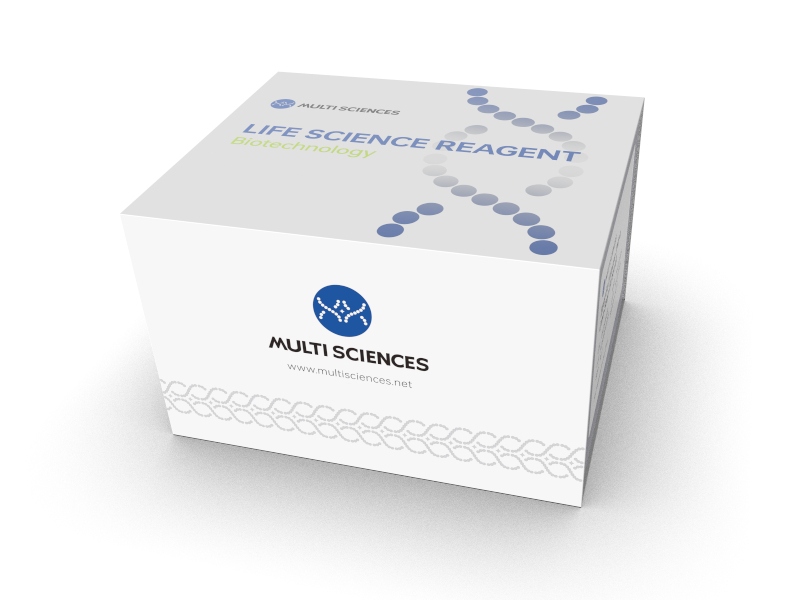
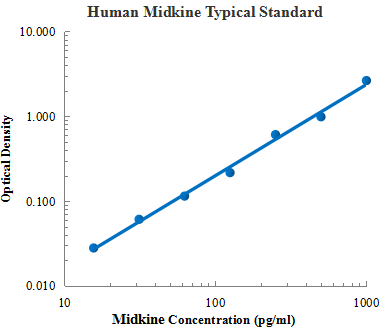
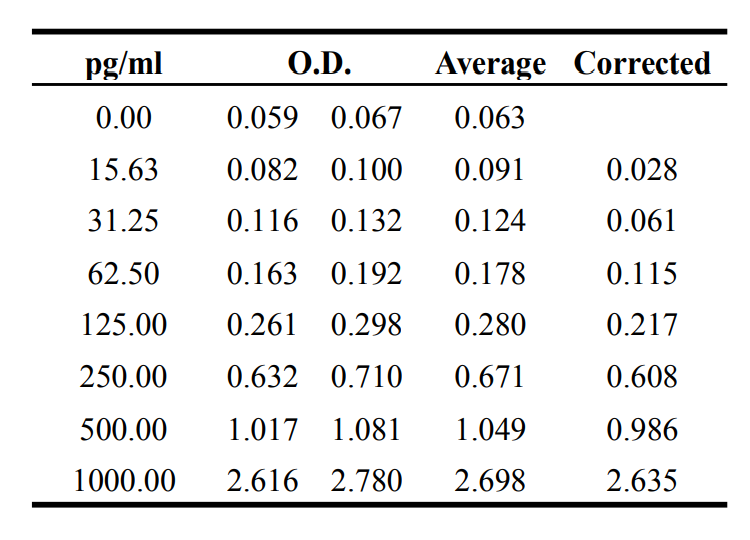

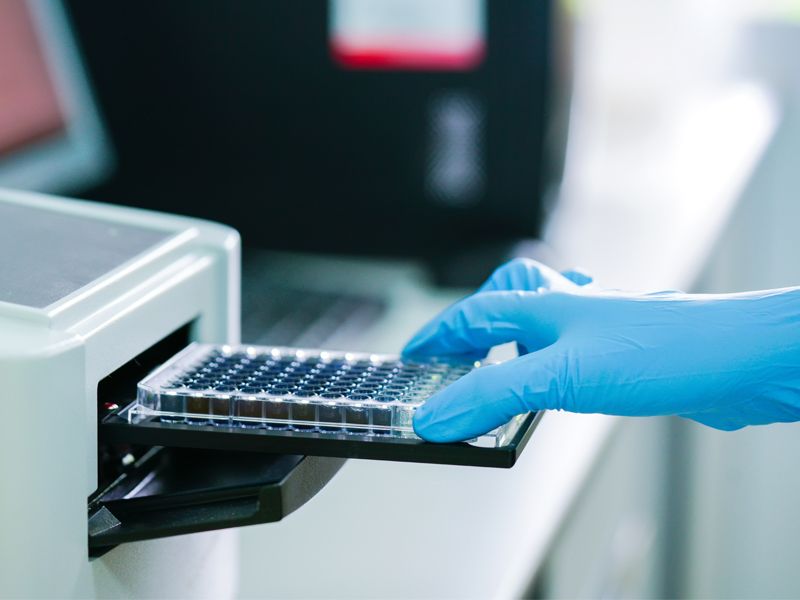
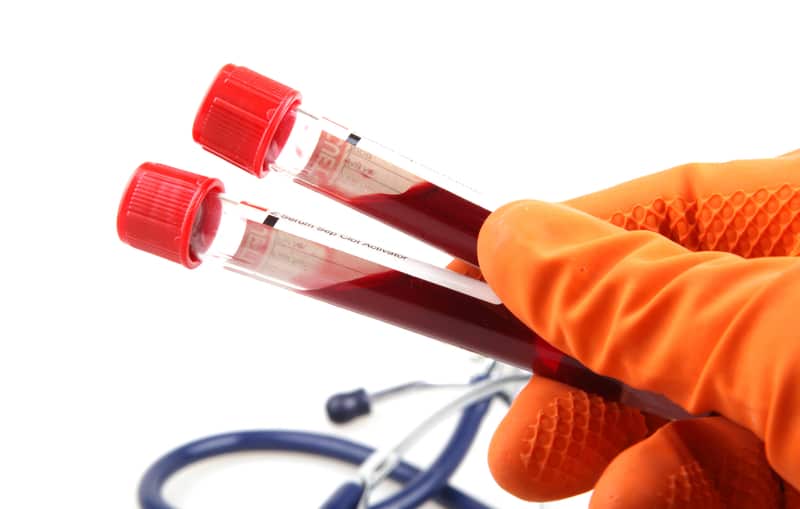

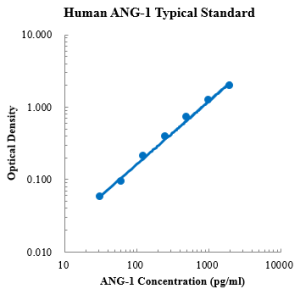
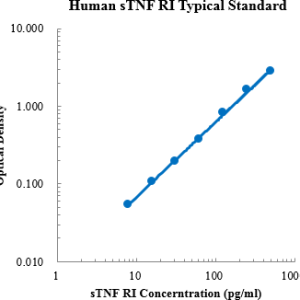
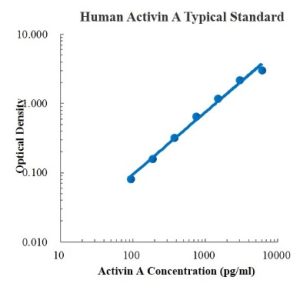
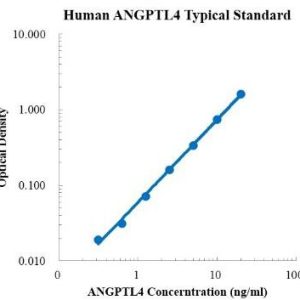
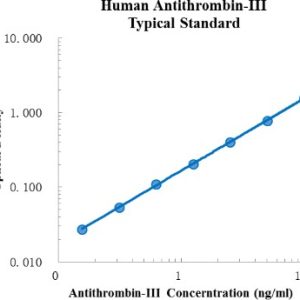
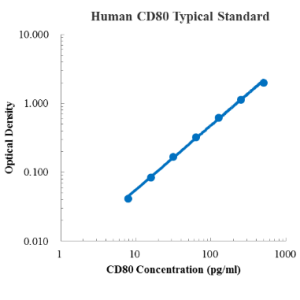
Reviews
There are no reviews yet.